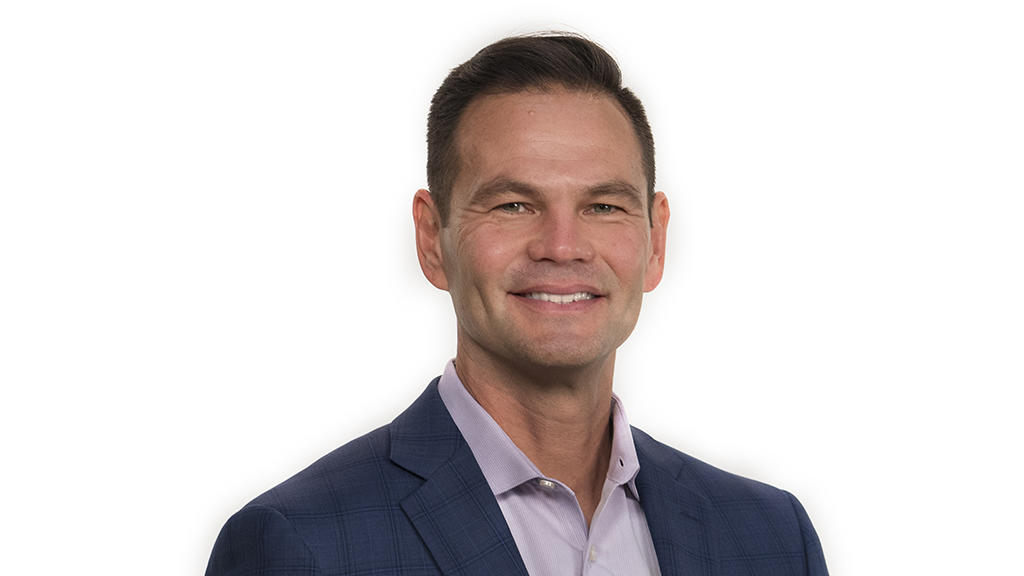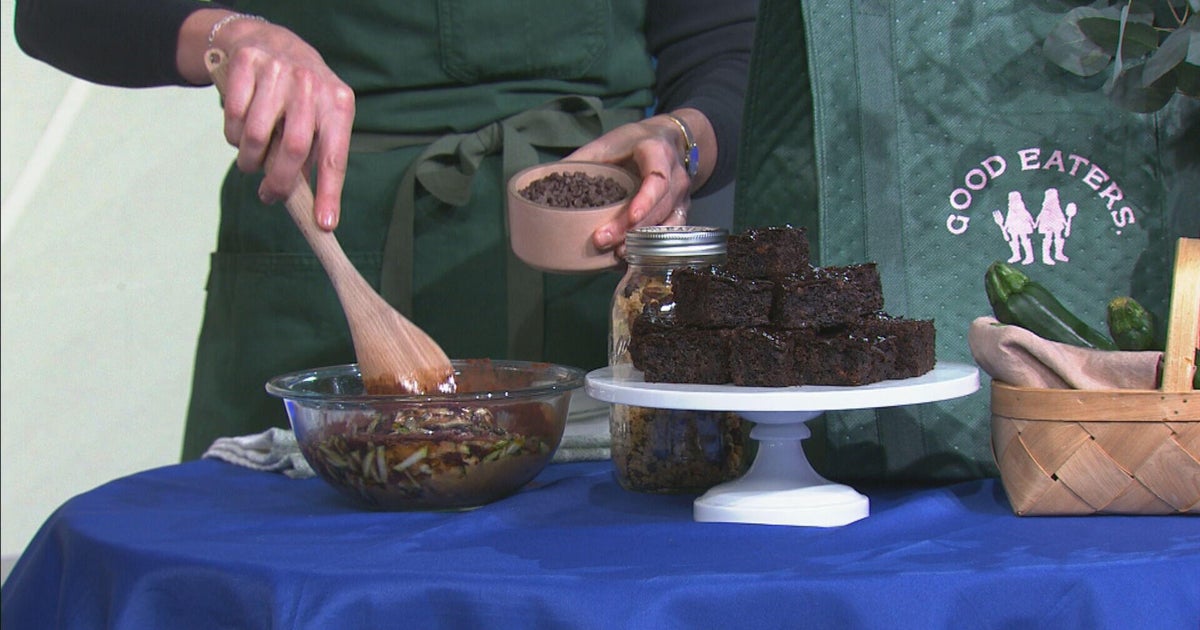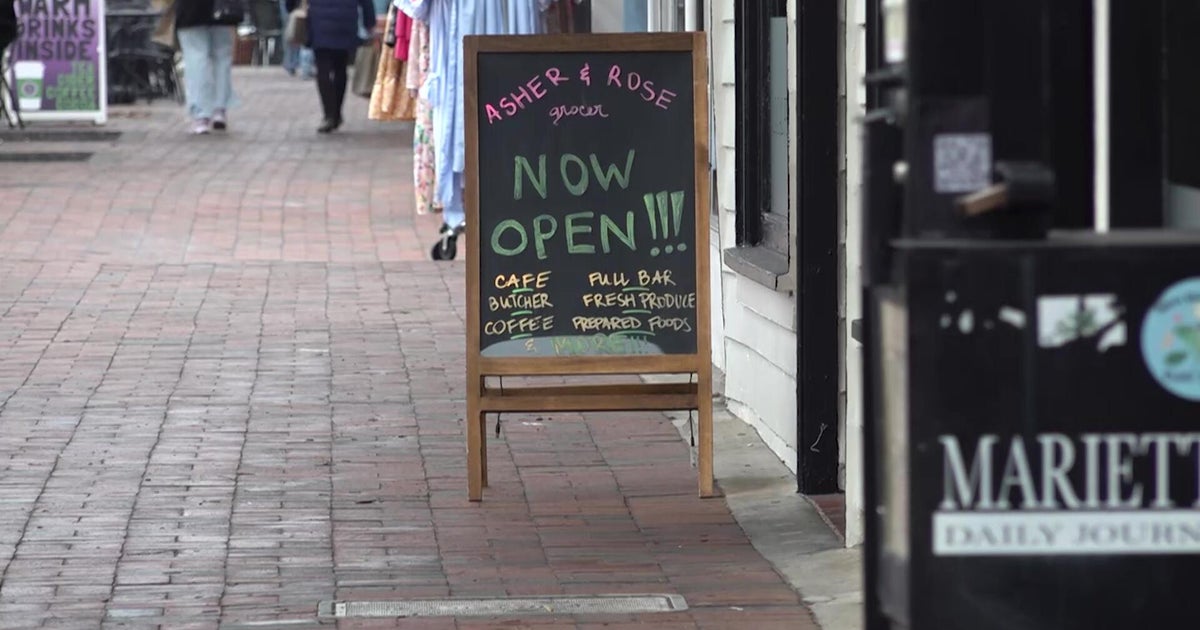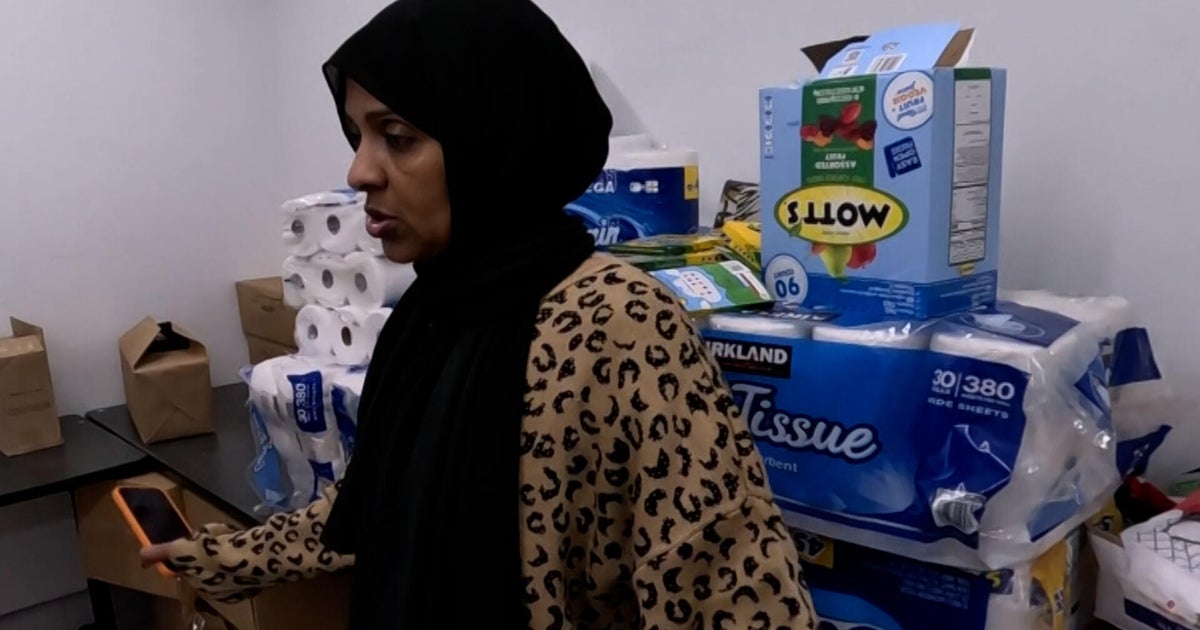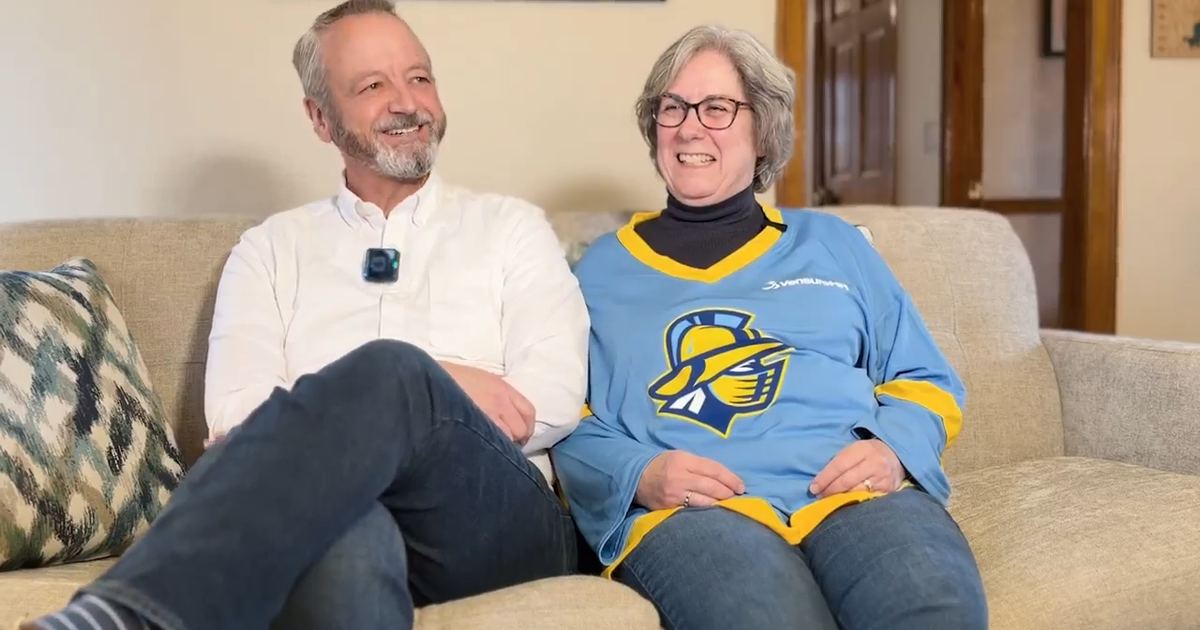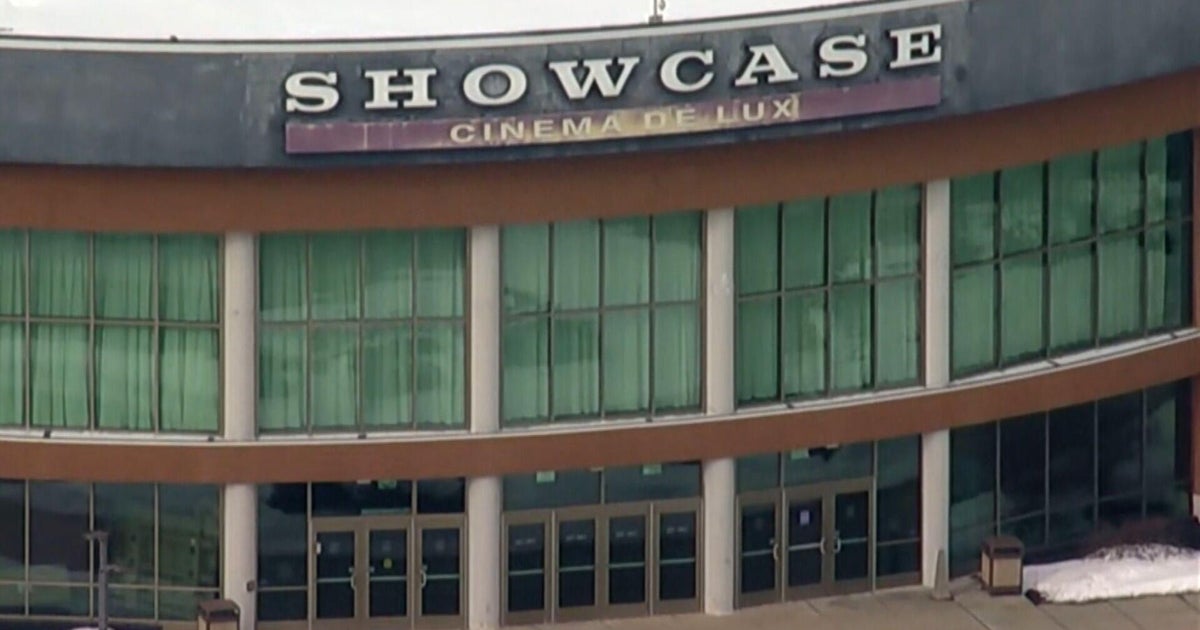Why is healthy food so expensive?
BOSTON - It's January, time to hit the grocery store to improve our nutrition. Food labels tell us what's healthy and the price we're going to pay for it.
"It's such a conundrum," said William Masters, an economics professor at Tufts University. "People feel it, they know it, they see it. Reminded every day when you look in the grocery store and everything that is advertised as healthy is a premium product."
Organic this, less fat that. Does it seem like the nutritious stuff costs more? You're not imagining it.
"We get constantly bombarded with low this, no that, you know high in this marketing messages," said Masters.
Masters says those marketing messages tap deep into our psyche to get us to pay more.
"Those premium luxury messages are often pretty misleading," Masters said. "Where people are buying the Jeep Cherokee to be an outdoorsy car and in the same way people are often buying a healthy food."
But there are other issues as well. Think about the supply chain. Fresh produce, fish and meat need to be refrigerated and restocked, unlike shelf stable items. Those transportation and replenishment costs get passed on to the consumer.
Other factors include labor shortages, inflation, and most importantly: supply and demand. Remember the great egg price hike last year? They reached an average price of $4.83 a dozen. Now it's down to about $2.13.
That spike was driven by an avian bird flu that wiped out some 43 million chickens. Shorter supply with steady demand meant higher prices.
But what if you can't afford it? not just the expensive stuff, but any of it.
Catherine Lynn is with the Greater Boston Food Bank. "One in three people in Massachusetts are food insecure," she said.
In its annual report, the Greater Boston Food Bank found food insecurity has devastating effects, with increased rates of anxiety, depression, diabetes, obesity and more. And it's a growing problem.
"That number has almost doubled since 2019, pre-COVID and that number is even on the rise," Lynn said.
But there are resources available. The food bank has a staff of dieticians and community partners who make sure what goes into the community improves health for everyone regardless of their buying power.
Lynn said, "92 to 94% of the food that we are distributing out to the Eastern Mass. community is of the highest nutritional ranking."
Increasing access to nutrition is a top priority and it's a great reminder: food doesn't have to be expensive to be healthy.
"Frozen vegetables are great. The nutrients are preserved. Pre-cut, toss them into your pasta, toss them into your soup," Masters said. "It's really quick, it's really low cost."
If you have a question you'd like us to look into, please email questioneverything@cbsboston.com.
